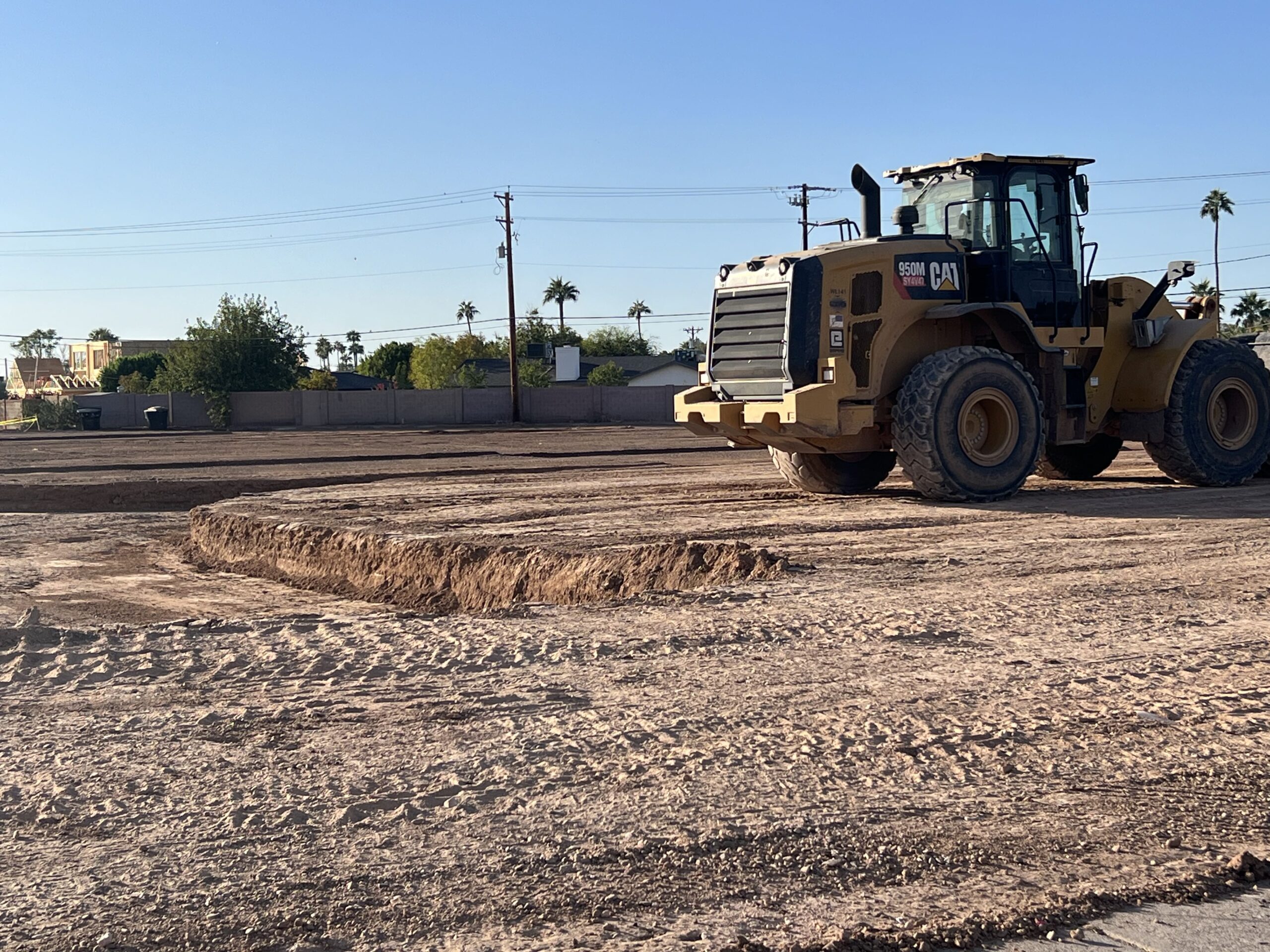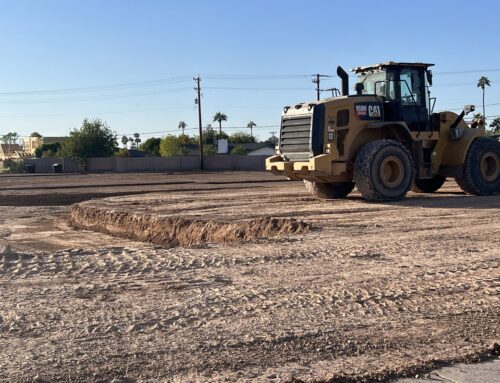Delve deep into the complexities of building demolition costs. This guide offers insights, factors, and methods to accurately determine your project’s expenses.
How to Determine Building Demolition Costs: A Comprehensive Guide
When it comes to demolition, understanding the costs involved is paramount. Be it for a residential or commercial project, precise cost estimation ensures your budget stays intact. In this comprehensive guide, we will explore the myriad factors influencing building demolition costs and how to determine them.
Understanding the Basics: Factors Affecting Demolition
1. Square Footage: The most basic factor in estimating building demolition costs is the square footage. Generally, the greater the area, the higher the cost. However, it’s crucial to note that the cost per square foot can sometimes decrease for larger projects due to economies of scale.
2. Location-based Costs: Your building’s location plays a significant role in determining the demolition costs. Demolition in regions like the Midwest and South is generally less expensive compared to the East and West coasts. This discrepancy is often due to varying labor costs, disposal fees, and permit prices in different regions.
3. Type of Building (Commercial vs. Residential): The nature of the structure—whether commercial or residential—can also influence costs. Commercial buildings, especially those like manufacturing plants, might have specific challenges not present in residential buildings.
4. Special Circumstances and Materials: Buildings with asbestos or other hazardous materials require specialized handling. Removing such hazardous materials can push the cost up by an additional $2 to $3 per square foot.
Delving Deeper: The Role of Professional Demolition Companies
Hiring professional demolition companies is often the best route to ensure safety and compliance. These experts not only provide accurate estimates based on years of experience but also handle special materials with care, ensuring eco-friendly disposal and adherence to regulations.
1. Permit Handling: Navigating through the bureaucracy of demolition permits can be daunting. A professional demolition contractor typically handles this, ensuring that all local regulations are adhered to. The costs of these permits vary, with some cities charging hefty fees to discourage demolition in favor of rehab.
2. Debris Removal and Disposal: Professional companies also manage debris removal. While some might include these costs in their overall bid, others might charge separately. It’s essential to clarify this upfront to avoid unexpected costs.
3. Demolition Methods and Machinery: The methods used for demolition—be it manual or using heavy machinery—also factor into the costs. Machines like excavators can speed up the process but come with operational costs.
Factoring in National Averages
While specific projects will always vary, looking at national averages can give you a ballpark figure. The national average for commercial demolition is usually pegged at $4 to $8 per square foot.
The Hidden Costs: What Often Gets Overlooked
1. Foundation Costs: The technical definition of demolition might not always include the destruction of the current building’s foundation. If your project demands a new foundation, this could significantly add to your costs.
2. Budgeting for Unknowns: Every demolition project can bring unforeseen challenges—be it structural issues discovered during the demolition or sudden changes in disposal costs due to factors like distance to the nearest landfill.
3. Environmental Considerations: With increasing emphasis on eco-friendly disposals, there might be added costs for ensuring that debris is discarded sustainably. This includes costs associated with sorting materials, recycling, and more.
Practical Tips for Budgeting Your Demolition Project
1. Get Multiple Estimates: Always approach multiple professional demolition companies to get a comprehensive view of potential costs.
2. Ask for Itemized Bids: An itemized bid will give you a clearer picture of where your money is going, allowing you to make informed decisions on what to prioritize.
3. Consider DIY Aspects: Some aspects, like debris removal, can be managed independently if you’re looking to save. Renting a dumpster and coordinating with hauling companies directly might reduce costs. However, always ensure that safety isn’t compromised.
4. Stay Updated on Real Estate Trends: Platforms like HomeLight provide valuable insights into the real estate market. Staying informed can help you make decisions, especially if your demolition project is part of a larger real estate venture.
In Conclusion
Determining building demolition costs is a multifaceted process that demands a keen understanding of various factors. By being informed and seeking expert advice, you can ensure that your project is not only successful but also stays within your budget. Remember, the key is in the planning and understanding every component of the demolition process.

